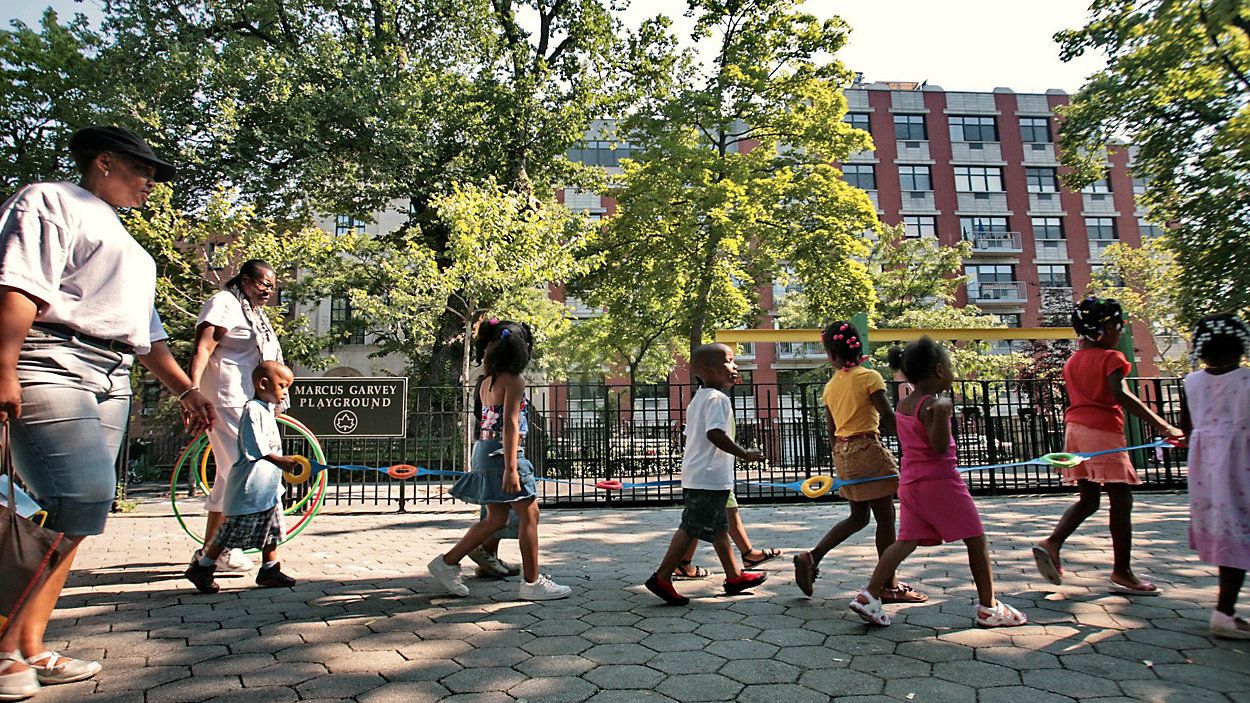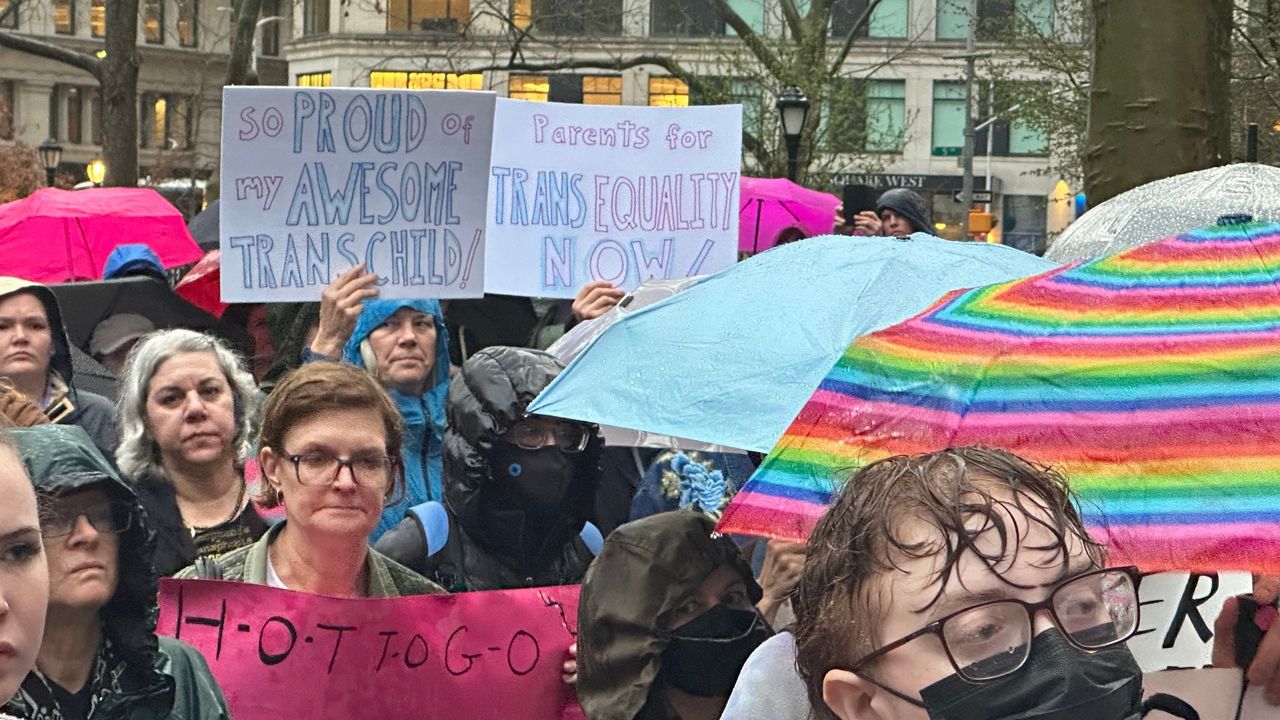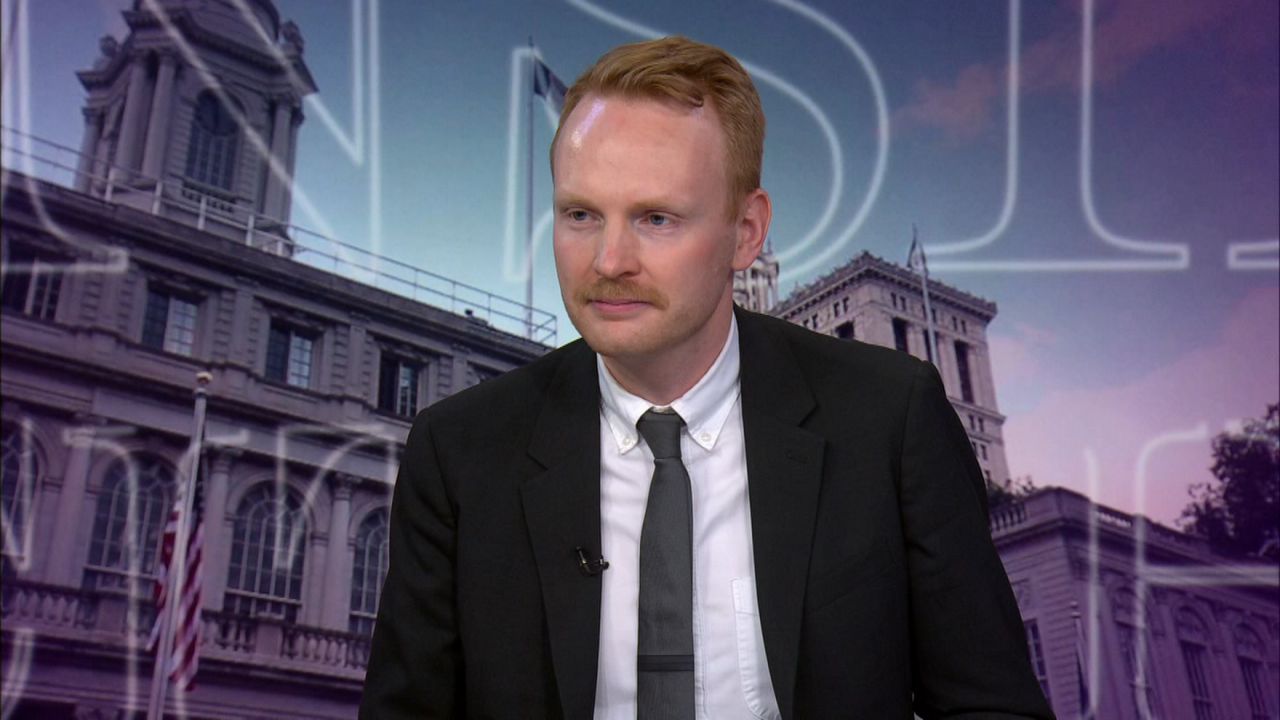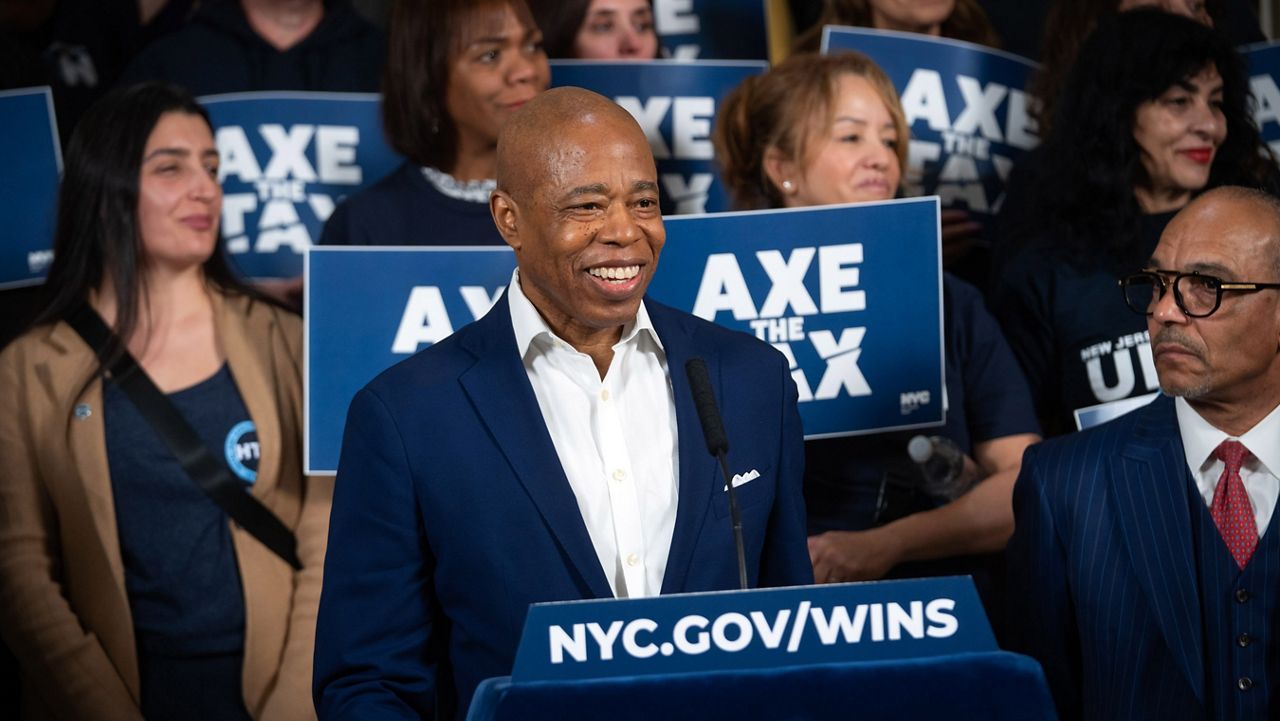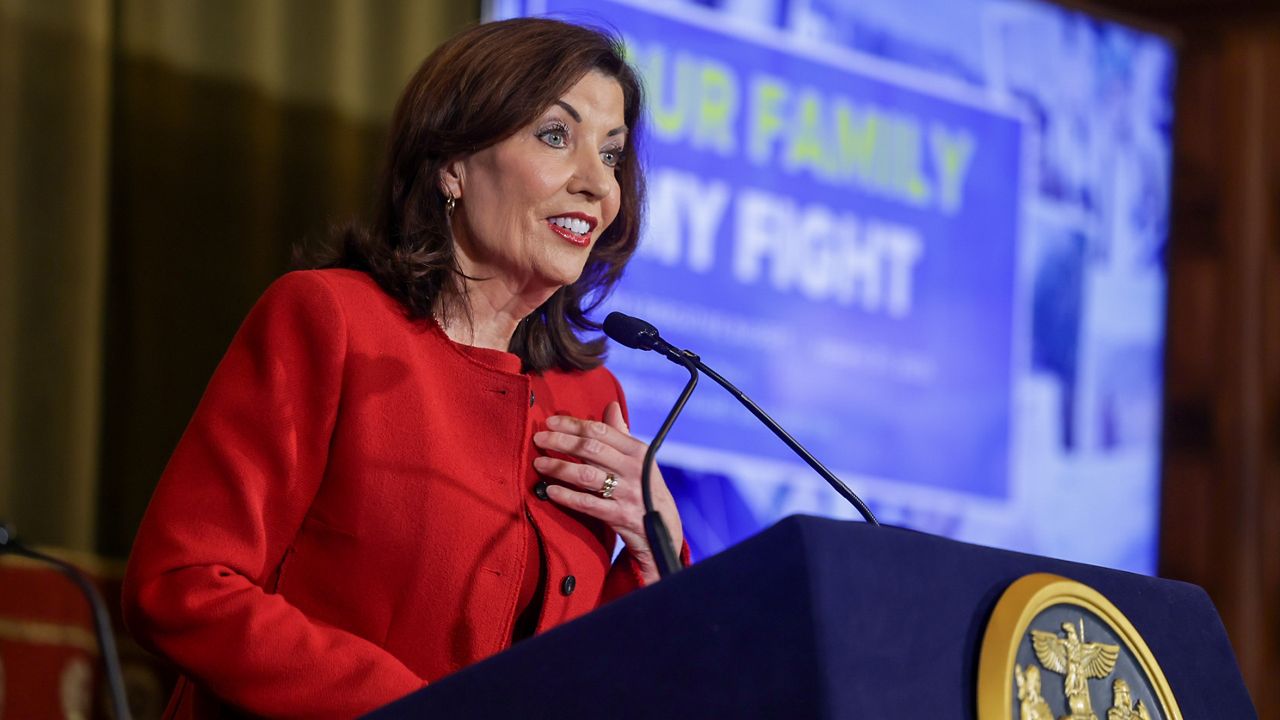A package of legislation the City Council passed on Wednesday will set the city on track to become the first in the country to establish universal child care.
“Child care is both unaffordable and inaccessible for the vast majority of New Yorkers,” Councilmember Julie Menin, who sponsored the bills, said. “As a mother of four this is a deeply personal issue to me. In the face of this crisis, today is a momentous day. The City Council today with this vote will make New York City the first city in the country to enact a comprehensive legislative package to adopt universal child care.”
The five bills include the creation of a child care advisory board that will recommend policies to create the framework for universal child care within five years. It also mandates subsidies for families up to 300% and 400% below the federal poverty level. The funding would come through a combination of city, state and federal dollars.
“I am a mother and grandmother with experiences as a working parent of young children and many of our members share the same experiences,” Speaker Adrienne Adams said Wednesday. “Affordable high-quality child care benefits parents, children and our city overall.”
The legislation also creates a child care directory and online portal on subsidies, and establishes a grants fund for child care programs experiencing a significant risk of closure or displacement. It also creates a certification program aimed at streamlining the process for businesses to become eligible child care facilities.
All the bills passed 48-0, except for the child care directory bill, which passed 47-1.
Council members pointed to the increasing cost of child care and the decreasing number of facilities in the city as the reason to pass the package.
Enrollment in child care programs for babies younger than 18 months costs on average $2,600 per month or $21,000 a year, according to a 2019 report by the city comptroller’s office.
For toddlers between 18-24 months, the cost is at least $16,000 a year, according to City Council officials.
More than 1,400 child care facilities have closed in recent years, Menin said.
“Child care is one of the biggest challenges for working women, and our country is facing a child care crisis exacerbated by the pandemic and its economic consequences,” Adams said.
During the pandemic, more than 375,000 parents in the city left the workforce or downsized their jobs due to the costs of child care, Menin said, leading to a $2.2 billion loss in economic revenue for the city.
“This is just the beginning of a long fight toward a vision of true universal child care, in which no one falls off a benefits cliff,” Councilmember Jennifer Gutiérrez, who represents Williamsburg, Ridgewood and Bushwick, said. “No one is stuck in a cycle of poverty. No one is taking out personal loans to make payroll and no one—no child, no parent and no provider—is left behind.”
Legislators also pointed to the gender wage gap as another vital issue that universal child care would help to resolve.
“Universal child care will help narrow this persistent gap while ensuring parents do not have to choose between their family and their careers,” said Councilmember Crystal Hudson, who represents neighborhoods in Brooklyn, including Fort Greene, Clinton Hill and Crown Heights.
The passage of bills comes as Mayor Eric Adams announced Wednesday that the city cleared the child care voucher waitlist, opening up the process for families of 36,000 children to apply for affordable and highly subsidized child care.
Adams also announced that, beginning next week, the Administration for Children's Services will begin accepting child care voucher applications from low-income families across New York City.




